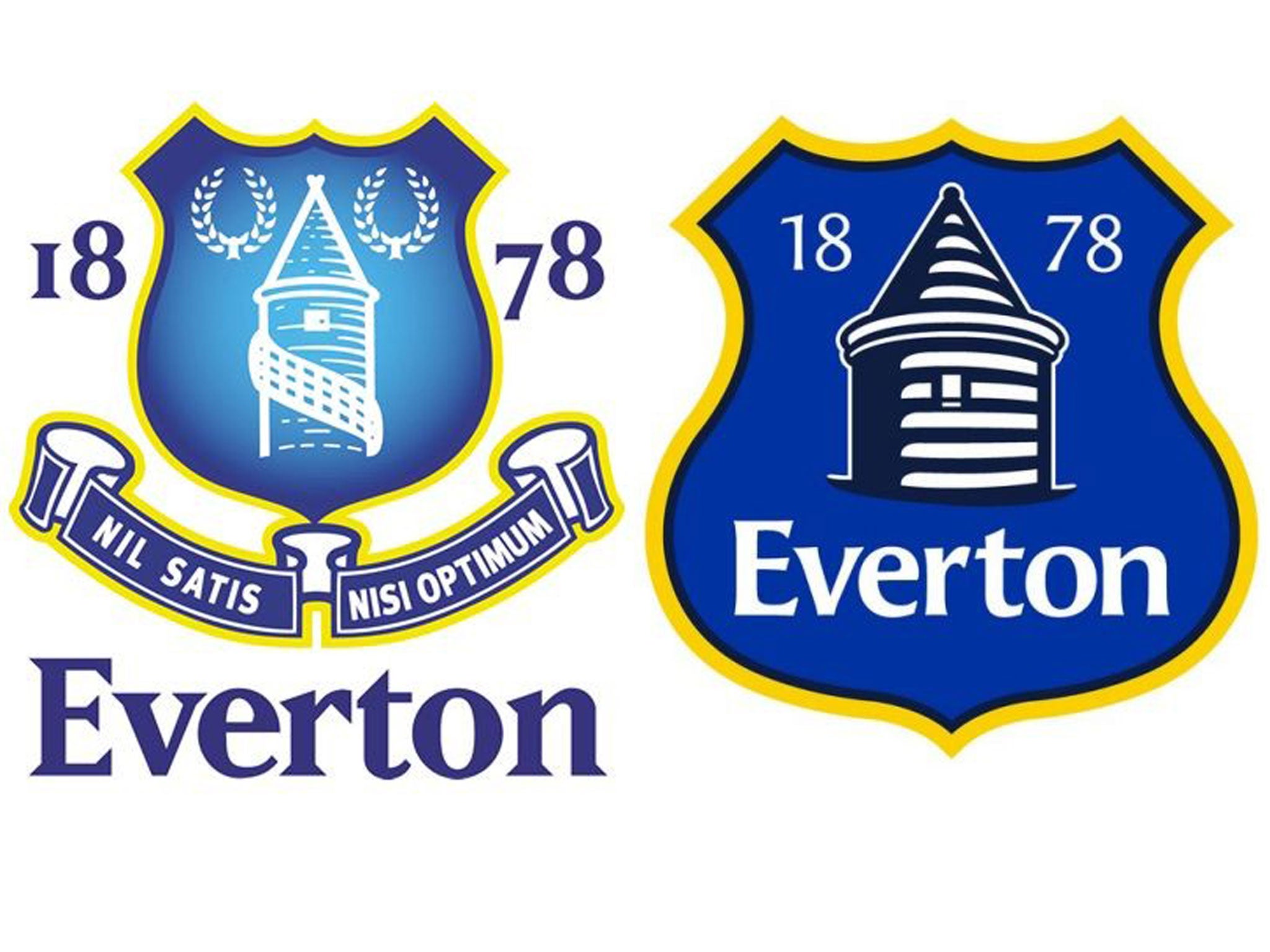Are Everton Irish?

The question of whether Everton, the storied football club based in Liverpool, has Irish roots is one that often sparks curiosity among fans and historians alike. Understanding the club's origins, its cultural connections, and the demographics of its supporters provides valuable insight into its identity and history. This article delves into Everton's ties to Ireland, exploring its founding, the influence of Irish players and supporters, and the broader implications of these connections within the context of football and community.
Quick Info Table
| Feature | Details |
|---|---|
| Founded | 1878 |
| Nickname | The Toffees |
| Stadium | Goodison Park |
| Notable Irish Players | Kevin Sheedy, Seamus Coleman |
| Irish Supporter Base | Significant in Liverpool |
The Origins of Everton Football Club
Everton Football Club was established in 1878 in the district of Everton, Liverpool. The club's original formation was not influenced directly by Irish culture; however, the demographics of the area and the city at large played a significant role in shaping its early identity. During the late 19th and early 20th centuries, Liverpool became a hub for Irish immigrants. Many Irish families settled in the city, contributing to its vibrant tapestry of cultures.
Everton's Early Years
In its early years, Everton was primarily a local club, drawing on the support of the surrounding community. The club's name is derived from the area it represents, and it quickly gained popularity, becoming one of the founding members of the Football League in 1888. While the club itself was not founded by Irish individuals, the influx of Irish immigrants into Liverpool meant that many fans were of Irish descent, helping to create a diverse supporter base.
The Irish Connection: Players and Supporters
The connection between Everton and Ireland deepened through the years, particularly with the arrival of Irish players and the club's growing Irish supporter base.
Notable Irish Players
Kevin Sheedy is one of the most celebrated Irish players to don the Everton jersey. Joining the club in 1982, Sheedy became a fan favorite, known for his exceptional skill and goal-scoring ability. His success on the pitch helped forge a stronger link between Everton and its Irish supporters.
Another notable figure is Seamus Coleman, who joined Everton in 2009. Coleman, hailing from Donegal, has not only been a key player for the club but also a symbol of its ongoing connection to Ireland. His leadership on and off the field continues to inspire a new generation of fans.
The Supporter Base
Over the years, Everton has cultivated a robust support network, with a significant portion of its fanbase tracing their roots back to Ireland. The Irish community in Liverpool has embraced the club, often attending matches at Goodison Park and creating a lively atmosphere that reflects their cultural heritage. This vibrant connection is evident during home games, where Irish flags and chants can frequently be heard.
The Cultural Impact of Irish Heritage
Everton’s Irish connection extends beyond its players and fans; it influences the club's culture and community outreach efforts.
Community Engagement
The club has often engaged with its local communities, including those with strong Irish ties. Everton in the Community, the club's charitable arm, has initiated various programs aimed at supporting marginalized groups, fostering inclusivity, and promoting social cohesion. By reaching out to the Irish community in Liverpool, the club acknowledges its diverse roots and works to strengthen its relationship with all supporters.
Celebrating Irish Heritage
Events such as St. Patrick's Day have seen Everton celebrate its Irish connections. The club often hosts themed matches and community events, highlighting the contributions of Irish players and fans to the club's rich history. These celebrations not only honor the past but also foster a sense of belonging among supporters, regardless of their background.
The Broader Context: Football and Identity
Understanding Everton's relationship with Ireland also requires examining the broader context of football as a unifying force.
Football as a Cultural Bridge
Football has long served as a bridge between different cultures and communities. In the case of Everton, the club has become a representation of the Irish diaspora in Liverpool. Many Irish immigrants found solace and community in supporting the team, creating bonds that transcended national identities. The shared passion for football has fostered a sense of belonging and identity for many fans.
Rivalries and Shared Experiences
Supporters of Everton and their rivals, Liverpool FC, often share cultural ties that extend beyond football. The rivalry, known as the Merseyside Derby, is steeped in history and local pride. Fans from both sides often have family ties that connect them to Ireland, illustrating how football can reflect broader social dynamics and cultural narratives.
Conclusion: A Legacy of Connection
In conclusion, while Everton Football Club was not founded as an Irish entity, its history is undeniably intertwined with Irish culture through its players and supporters. The contributions of notable Irish players like Kevin Sheedy and Seamus Coleman, along with the vibrant Irish supporter base, have enriched the club's identity and legacy.
Everton's engagement with the Irish community and the celebration of its heritage further highlight the club's commitment to inclusivity and diversity. As football continues to evolve, the connections between clubs and their communities remain vital, emphasizing the significance of shared histories and identities.
Everton stands not just as a football club but as a testament to the power of sport in uniting diverse cultures. Whether through the roar of the crowd or the melody of an Irish chant, the spirit of connection remains strong. For fans, the question "Are Everton Irish?" may transcend mere origins, reflecting a deeper bond that goes beyond the pitch—a bond woven into the very fabric of the club's rich history.



Comments ()